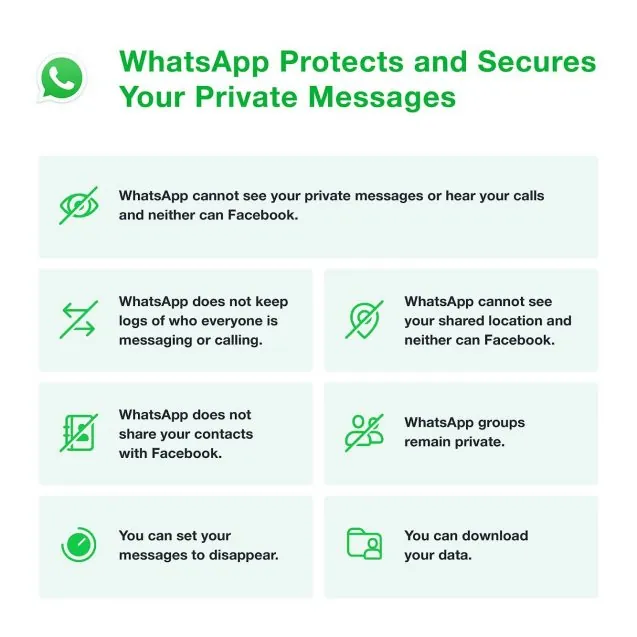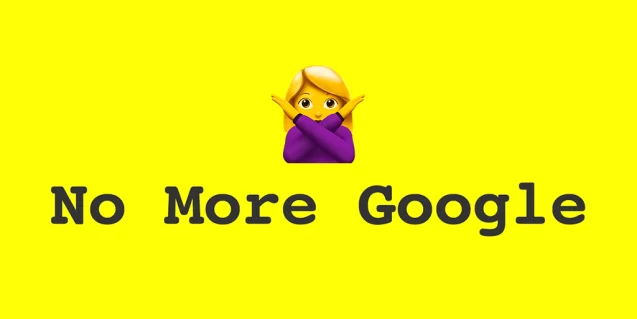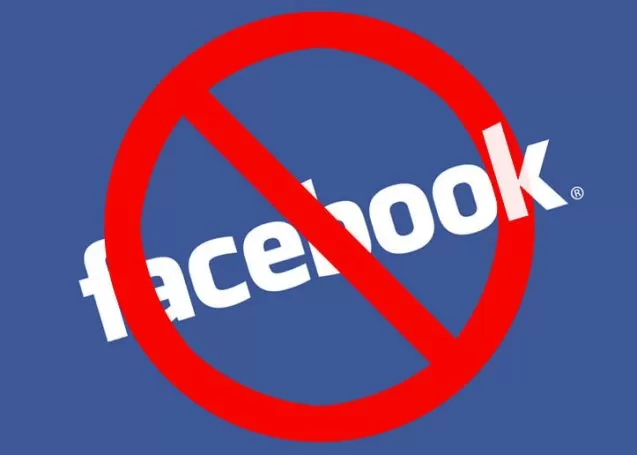We got used to signing user agreements without reading them thoroughly.
It is rarely the case when we use two-factor authorization to protect our personal data in a certain application.
At the same time, when WhatsApp updated their privacy policy, all hell broke loose. Users started to worry their data would end up at hands of Facebook executives, and App’s competitors experience a never-before-seen boost in their downloads.
In this article, we’d like to explore WhatsApp’s miscues and woes in regards to this scandal, discuss the demand for privacy-friendly services, and find the ways to replace gigantic service providers with lesser-known, yet much better caring for your privacy.
WhatsApp Controversy
Millions of WhatsApp users seem to have deleted the app for alternative services in the first weeks of 2021 after Facebook-owned messenger-giant announced changes to its privacy policy. The reaction highlights a growing concern and lack of clarity among users around data privacy.
Sensor Tower reported a fantastic rise in popularity of WhatsApp competitors between January, 5h and 12th: Signal saw 17.8 million new downloads (up from 285K the previous week), and Telegram saw 15.7 million such downloads during the same period.
Many also switched to the lesser-known options, like Threema, a paid messenger app that is most popular in German-speaking countries, where sensitivity to data protection is traditionally (and from a regulatory point of view) is higher than in the US.
It is noteworthy that now looks like a perfect time to enter the competitive market with the solutions of a large scale and great privacy expertise. If you have any ideas about this, and looking for a reliable vendor to help you with software development, contact Elinext.
WhatsApp had to publish a new FAQ page to their website on user privacy policy and its upcoming updates.
Here is the image from their official account:

Source: twitter.com
But a wave of misinformation on social media, not helped by Facebook’s abysmal track record on privacy and its reputation for obfuscating changes to its various terms of service agreements, has resulted in a full-blown WhatsApp backlash that has users fleeing to competitors like Signal and Telegram.
It was like trying to put down the fire using the syringe. Plenty of misinformation, Facebook’s subpar reputation on privacy, and obfuscating changes to its various terms of service agreements resulted in users trying to find the alternative, like Signal, or Telegram.
Elon Musk, Tesla CEO, unexpectedly joined the movement by tweeting “Use Signal”.
Telegram is currently No. 2 behind Signal on the App Store.
WhatsApp head Will Cathcart also had to go to Twitter to post a thread trying to explain what’s actually going on.
“With end-to-end encryption, we cannot see your private chats or calls, and neither can Facebook. We’re committed to this technology and committed to defending it globally,” – said Cathcart.
Facebook and WhatsApp face a long road of transparent communication and trust-building ahead to get users who turned down on them recently, back.
OK, WhatsApp doesn’t seem like an irreplaceable application. What about Facebook? Google services, which also prone to the scandals like this one?
Let’s try to figure out what can and can’t be altered, and find out the alternatives for the less private options.
Replace Facebook, Google services: Mission Impossible?
Google, like Facebook, has a business model that’ partially s built on surveillance. the company not just organizes the world’s information, but also studies it under the microscope. That data serves as a cushion for many useful services but is being used in Google’s ads that create the most part of crazy Google’s revenue.

Source: pixabay.com
Around 84% of documented generated Google’s revenue ($134.8 billion) comes directly from their ad platform, and it is only possible due to the data they’ve collected about the users.
At the same time, Google does possess some ways to control user’s privacy. For instance, they leave users an opportunity to delete saved data – execute their right to be forgotten. At the same time, those who do not care about it much know very little about this right of theirs.
Also, their subsidiary company DoubleClick acts on your data in real-time, so it is very little you can do about it.
Android
There are two major mobile device platforms most phones support in the modern era. Everyone knows them: Android and iOS. If you want to avoid google OS, you should switch to apple. Google licenses Android, so it all starts with Google Play.
Switch to an iPhone (iOS driven mobile phone) is of different difficulty level to Android users, but is certainly a viable option. If you trust Apple, obviously.
Apple devices get decade-long support and operate on high-class hardware. That is also beneficial to those who resist Google.
YouTube
If you continue to watch YouTube, your activities will be tracked by Google. There is no way to avoid this. You will receive recommendations based on what you watch and based on the Google algorithms.
Other video hostings are nowhere near close to YouTube. Obviously, there are gaming platforms like Twitch and video streaming services like Netflix (and their competitors), but YouTube is a different cup of tea.
It is pretty hard to care about your privacy when there are new funny videos of cats playing in the backyard appear every day.
Google Cloud
Google possesses a great set of free cloud-based storage.
We are talking of Google Workspace: Docs, Sheets, and Slides, Google Drive, and Google Photos.
At the same time, there is an alternative to this kind of service.
Office 365 includes over a terabyte of OneDrive storage for every subscriber could be very helpful in replacing Google Workspace and Google Drive.
Microsoft aren’t the only ones who work in this field, but they are the toughest Google competitor in the area.
Gmail
It is pretty easy to replace Gmail with some other e-mail client. Google mail operates for 17 years to date, but they are not the monopolists on the market.
They are not scanning free Gmail accounts for the purpose of targeting ads (since 2017), and paid Google Workspace (ex- GSuite) business accounts have always been disconnected from the ad infrastructure of Google.
Facebook once replaced MySpace, and have become irreplaceable since then. It might be the hardest thing to replace. The social media platform doesn’t have a great alternative, but obviously, there are some options.

Source: pixabay.com
Although it’s not open source, MeWe works a lot like Facebook, but it’s a more closed community. You access MeWe through its mobile app.
It has a great privacy policy but not a large user base.
The odds are, your Facebook friends never heard of it.
Even less famous are Diaspora and Friendica, but they suffer from even fewer users than MeWe and are not all that user-friendly at this point in their development.
Mastodon is by far the most successful of the federated sites.
It’s also open-source, easy to use, and cares deeply about user privacy and safety.
Users can add content warnings to images or posts if they are posting about sensitive topics, so only those who choose to click the message will see what they are posting about.
Very bleak alternatives that are nowhere near as popular as Facebook, they care deeply about privacy and much better option in this precise respect
Making the Changes?
We’ve tried to give you the impression that most of the services you use on an everyday basis could be replaced by their more privacy-friendly peers.
The truth is, some of them are irreplaceable, and you can only stop using them by virtually going offline.
At the same time, the WhatsApp situation shows that public opinion can have quite an impact even on the industry leaders. To the extent, they will stop being ones.
We’ll continue to look at the situation with the messenger. Follow our future publications.









